Inspiring female CEOs to know about
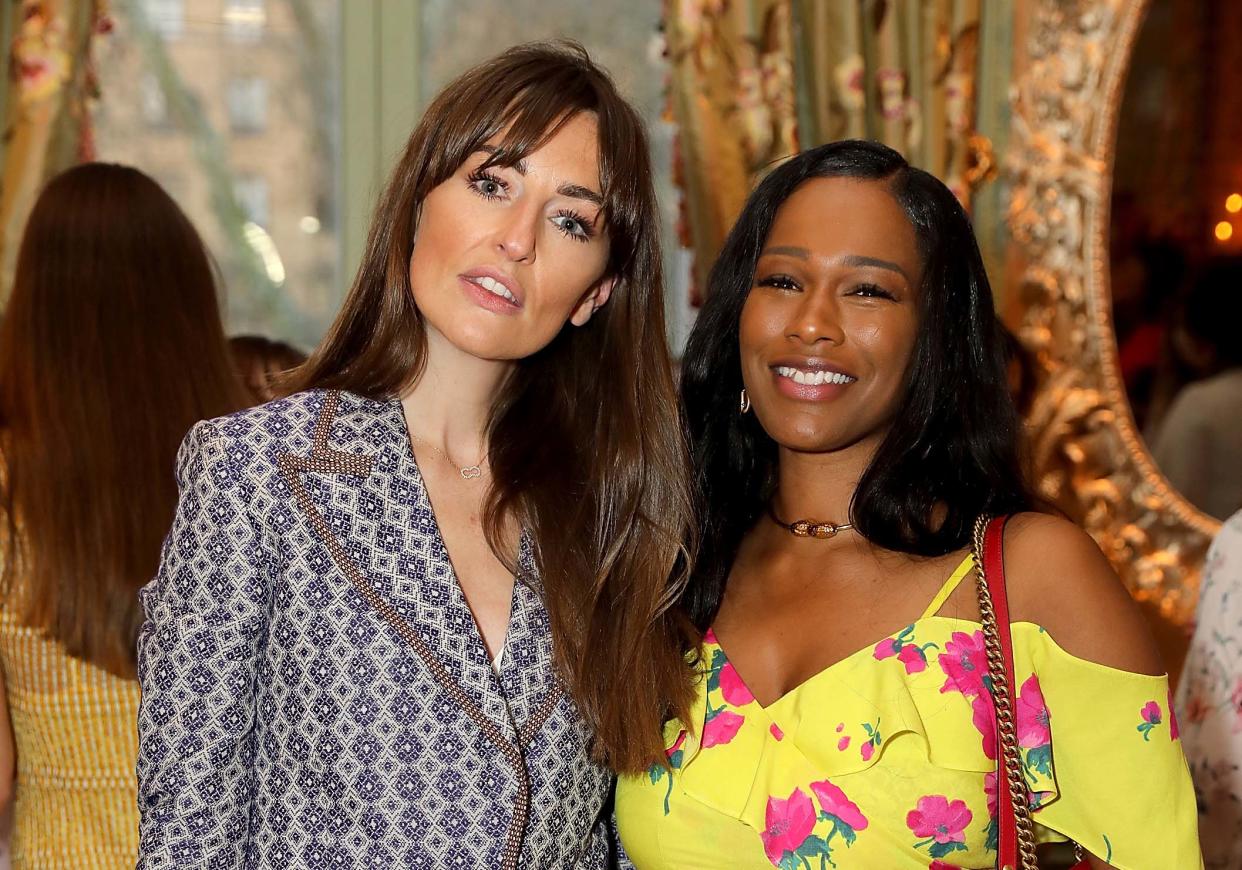
Women are constantly hearing the message that they should “lean in,” that they “can have it all,” that life is all about “finding the right balance.”
As any woman negotiating life, career, friends and family will tell you – in the words of the inimitable Michelle Obama – “that s*** doesn’t work all the time.”
Female CEOs are still rarer than we’d like, even in the UK (an inquiry was launched in 2018 to analyse why only a third of UK entrepreneurs are women) and the ones who do make it tend to share the same traits of tenacity, a remarkable work ethic and endless determination.
READ MORE: Female STEM role models to look up to
These are the female CEOs you need to know about: they’ve launched their own businesses from scratch, are as passionate about social enterprise as they are about growing their brands and are trailblazing as female leaders in a male-dominant sphere.
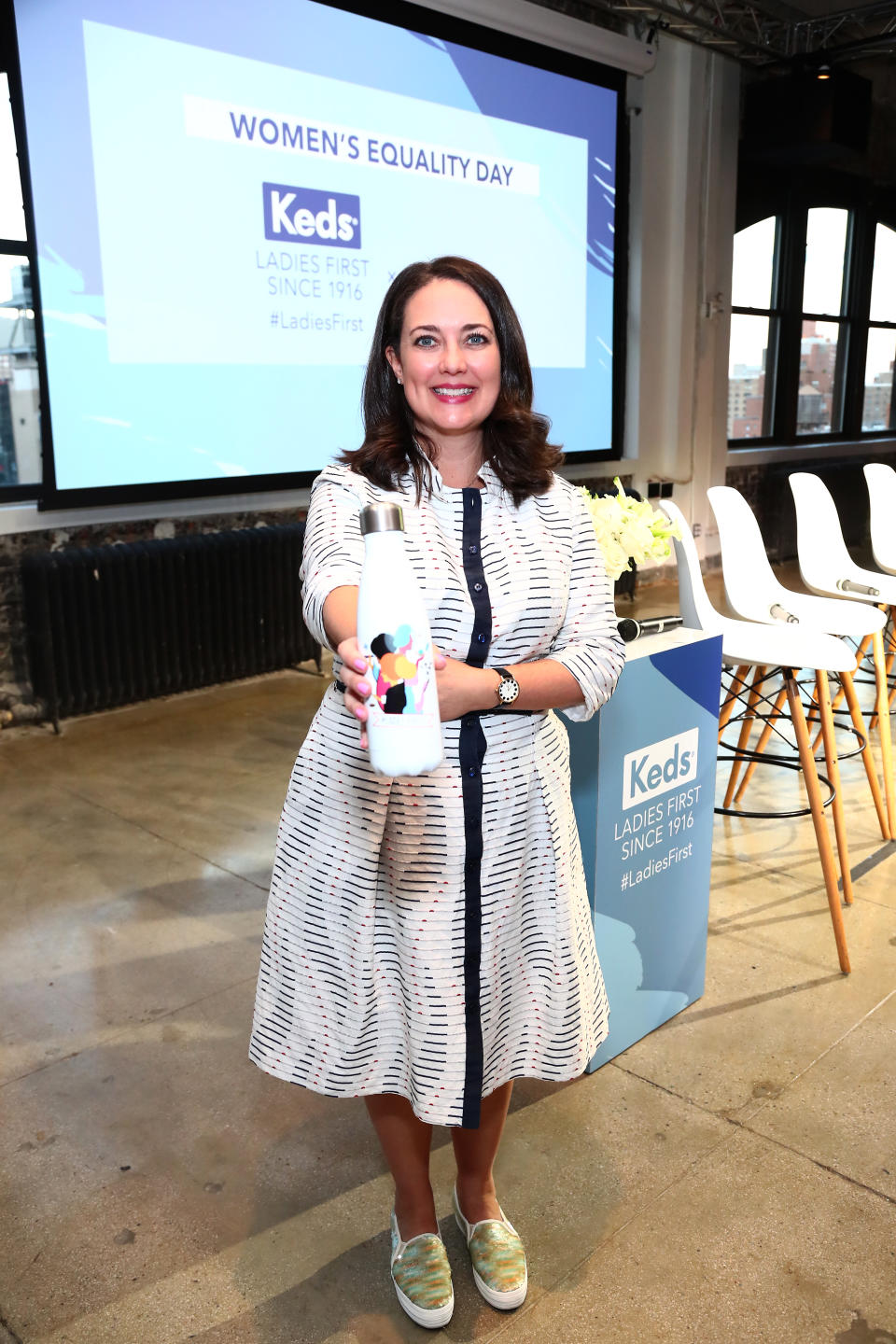
The water bottle visionary: Sarah Kauss, CEO of S’well
Sarah Kauss’ reusable S’well water bottles tick every box: they encourage us to drink more water, they’re good for the planet and they look totally gorgeous – no wonder she calls them “the world’s first fashion hydration accessory.” An accountant-turned entrepreneur, Kauss founded S’well in 2010 with £22K of her own savings – by 2016, the business was turning over more than £74 million. One of the reasons Kauss is so inspiring is because of her commitment to her brand vision: she’s never taken venture capital funding and owns 100% of the company – which is why she is focused on social good, partnering with American Forests, (RED) and UNICEF (S’well is helping to bring clean water and sanitation to Madagascar). “By being self-funded, we’ve been able to build our brand on our own terms, being selective about the partnerships we create and the pace at which we grow,” she told Forbes.

The beauty boss: Sharmadean Reid, Founder/CEO of WAH London and Beautystack
Sharmadean Reid has revolutionised the beauty world as we know it – and started her vision while still at uni, when she launched WAH as a hip-hop magazine for girls. She’s called herself an “accidental beauty entrepreneur,” launching her first WAH Nails salon in 2009, aged 24, and ensuring that none of us would be content with a regular old mani anymore. Reid has turned tech CEO with Beautystack, her app that allows you to book beauty treatments based on images you love – and with the person who created the look you’re obsessing over, also acting as a website and portfolio builder for beauticians. Not only is Reid making the beauty we want more interesting and accessible, she’s also helping future CEOs and entrepreneurs as the founder of FutureGirlCorp, which offers workshops that teach business skills to the next generation.
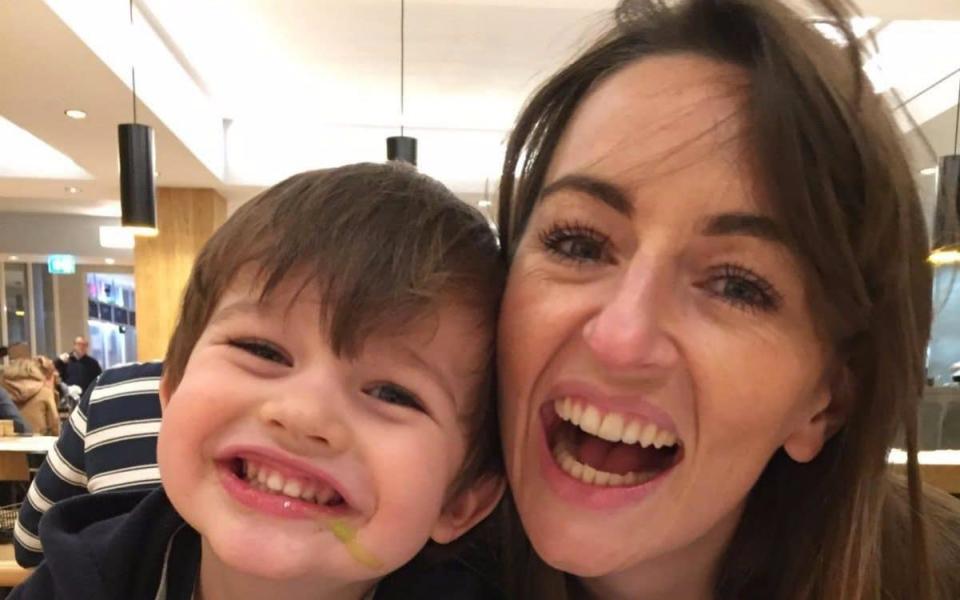
The mama-saviour: Michelle Kennedy, CEO of Peanut
With a tech background working for dating apps Badoo and Bumble, Michelle Kennedy knew just the ingredients to launch a different kind of dating app: one for mums looking to make friends. Peanut is a social networking app designed to connect local mums, to help with everything from new-mum loneliness and anxiety to having a network of mums to bounce ideas and questions off of – and it’s working, since over 500,00 women are using it. “It was always important for me to have a very clear identity and we told the brand narrative over and over again and we never deviated from it. Having one clear message that people can really get behind is so important. People either like it or they don’t but at least they know it. That was our starting point – you know that Peanut was always about the woman part of motherhood not just talking to this generic ‘mum’ figure,” she told Forbes.
READ MORE: 22 quotes from iconic women on making your dreams a reality
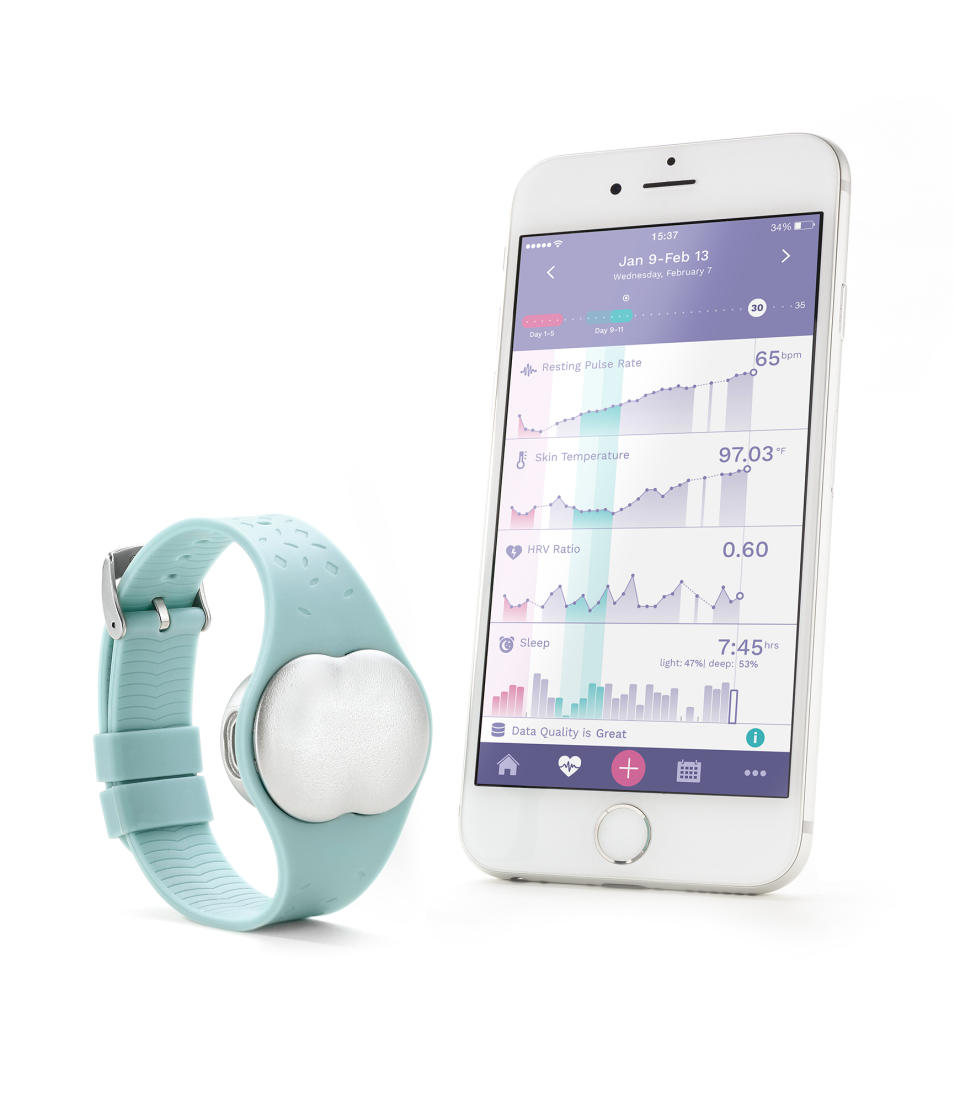
The femtech entrepreneur: Lea Von Bidder, CEO, Ava
Women innovating in the femtech sphere is really good news for other women – see Tania Boler and Elvie’s new wearable breast pump, which is a total game-changer for working mums. Swiss-born Lea Von Bidder is another woman out to change femtech for the better. She isn’t yet 30, but she’s no stranger to entrepreneurship: she founded her first company at 22 and the next at 24. She is the co-founder and CEO of disruptive femtech company Ava, an FDA-approved fertility tracker that combines cutting-edge tech with scientific research. But the brand – and Lea – aren’t stopping there. They recently raised another $30 million to expand their research into other aspects of female reproduction. “As an entrepreneur, I always wanted to provide something of value to the world, but I never expected my work to become so intimate and intertwined with so many women’s lives all over the world. It’s an incredible and humbling experience,” she says.

The sporty CEO: Joanna Adams, CEO, England Netball
CEO of England Netball Joanna Adams is overseeing a particularly exciting moment in the sport after a dramatic Commonwealth gold-medal win in 2018 and an unprecedented female sports sponsorship package for netball from Vitality. Adams, who was previously the commercial director of the Football Conference and Notts County FC, is also determined to change the nature of what sport – and the people who are running it – look like, and has spoken out about brands’ lack of bravery when it comes to sponsoring female sport. She’s also not afraid to challenge industry headhunters to offer up high-profile boardroom positions at the likes of the FA and the Premier League to women. “We repositioned our brand to appeal to our core audience, not just selling the same old male-led story. People felt we were trivialising netball or dumbing it down, but it was really all about appealing to the target audience. We achieved that, and showed that there are brands out there who want to work in women’s sport, if you build the right proposition. We’ve pursued this strategy since 2011 and every step of the way we’ve listened to our fans,” she tells Sport Business.
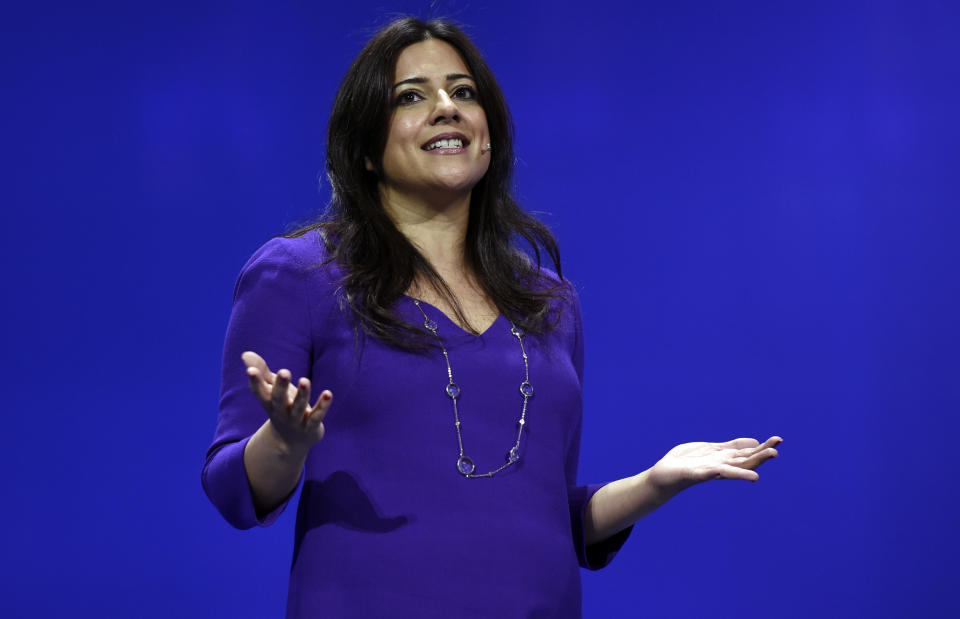
The coding queen: Reshma Saujani, CEO, Girls Who Code
Reshma Saujani has an impressive CV: she’s a lawyer, politician and founder of Girls Who Code (a non-profit organisation working to close the gender gap in technology in the USA) who has been named a WSJ Magazine Innovator of the Year and one of Fortune’s World’s Greatest Leaders. But our favourite thing about the CEO is her message to the next generation: teach girls to be brave, not perfect (she’s even written a book on the subject, or you can watch her TED talk here). “Girls rule the world, but in the workplace it’s bravery that matters, so perfectionism, waiting until a moment to lead isn’t working. We see the leadership numbers in women not really changing, we have to have the courage to raise our hands,” she says.


